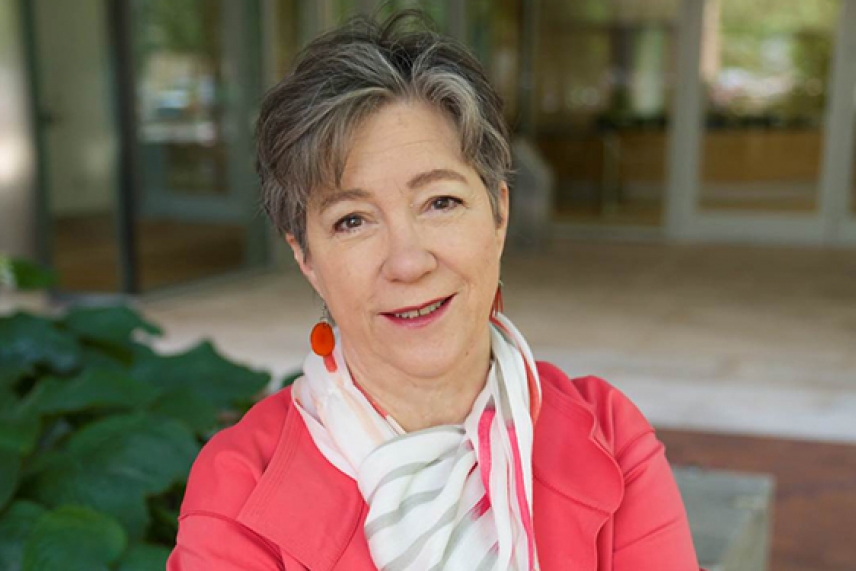Whitehead’s Susan Lindquist to receive prestigious Albany Prize in Medicine

Whitehead Institute Member Susan Lindquist
Ceal Capistrano/Whitehead Institute
CAMBRIDGE, Mass. – Whitehead Institute Member Susan Lindquist has been named one of three recipients of the Albany Medical Center Prize in Medicine and Biomedical Research for 2016.
Lindquist, who is also a professor of biology at MIT and an investigator of the Howard Hughes Medical Institute, will share the $500,000 prize with F. Ulrich Hartl, Managing Director of Max Planck Institute for Biochemistry, and Arthur Horwich, Sterling Professor of Genetics and Pediatrics at Yale University School of Medicine. The three were chosen on the basis of their pioneering research in the field of protein folding.
“Though this may not be a term familiar to the general public, protein folding is a concept considered revolutionary in modern biology, with important implications for the treatment or delay of Parkinson’s disease, Alzheimer’s disease, Huntington’s disease, and other neurodegenerative conditions, as well as cancer and drug resistance,” says Albany Medical College Dean Vincent Verdile, who also chairs the Albany Prize National Selection Committee.
A statement accompanying the announcement of the three prize winners noted: “The work of these researchers has drastically changed previous thinking about protein folding inside cells -- the last step in transmitting genetic information from amino acids to proteins, giving cells their unique characteristics. Disruption of this process can lead to disease. These scientists have shown that protein folding is not spontaneous, as previously believed, but instead is achieved with previously unknown molecular “assistants.” Their subsequent work on what is known as ‘chaperone-mediated protein folding’ has led to research examining these proteins as they relate to all aspects of biology and disease in laboratories worldwide.”
Lindquist’s contributions to the field include studies showing that chaperone proteins such as hsp90, which help proteins fold properly under normal circumstances, can be co-opted in cancer cells to fuel malignancy. Having shown that neurodegenerative disorders such as Alzheimer’s and Parkinson’s diseases are associated with protein misfolding, Lindquist has developed platforms using yeast cells as living test tubes to screen for drug candidates capable of restoring proper cellular function or preventing aberrant processes.
In commenting on Lindquist’s receipt of the prize, Li Huei Tsai, director of MIT’s Picower Institute for Learning and Memory, stated: “In a career spanning three decades, Susan Lindquist has made numerous and invaluable contributions to the study of protein folding, demonstrating that the shape shifting of proteins can have profound and unexpected influences in fields as wide-ranging as human disease, evolution, and biomaterials.”
The Albany Medical Center Prize in Medicine and Biomedical Research, which will officially be awarded at a ceremony September 28, has been given annually since 2001 to a physician, scientist or group, whose work has led to significant advances in health care and scientific research with demonstrated translational benefits for improved patient care. Its purpose is to encourage and recognize extraordinary and sustained contributions to improving health care and promoting innovative biomedical research.
* * *
Susan Lindquist’s primary affiliation is with Whitehead Institute for Biomedical Research, where her laboratory is located and all her research is conducted. She is also a Howard Hughes Medical Institute investigator and a professor of biology at Massachusetts Institute of Technology.
* * *
Topics
Contact
Communications and Public Affairs
Phone: 617-452-4630
Email: newsroom@wi.mit.edu
